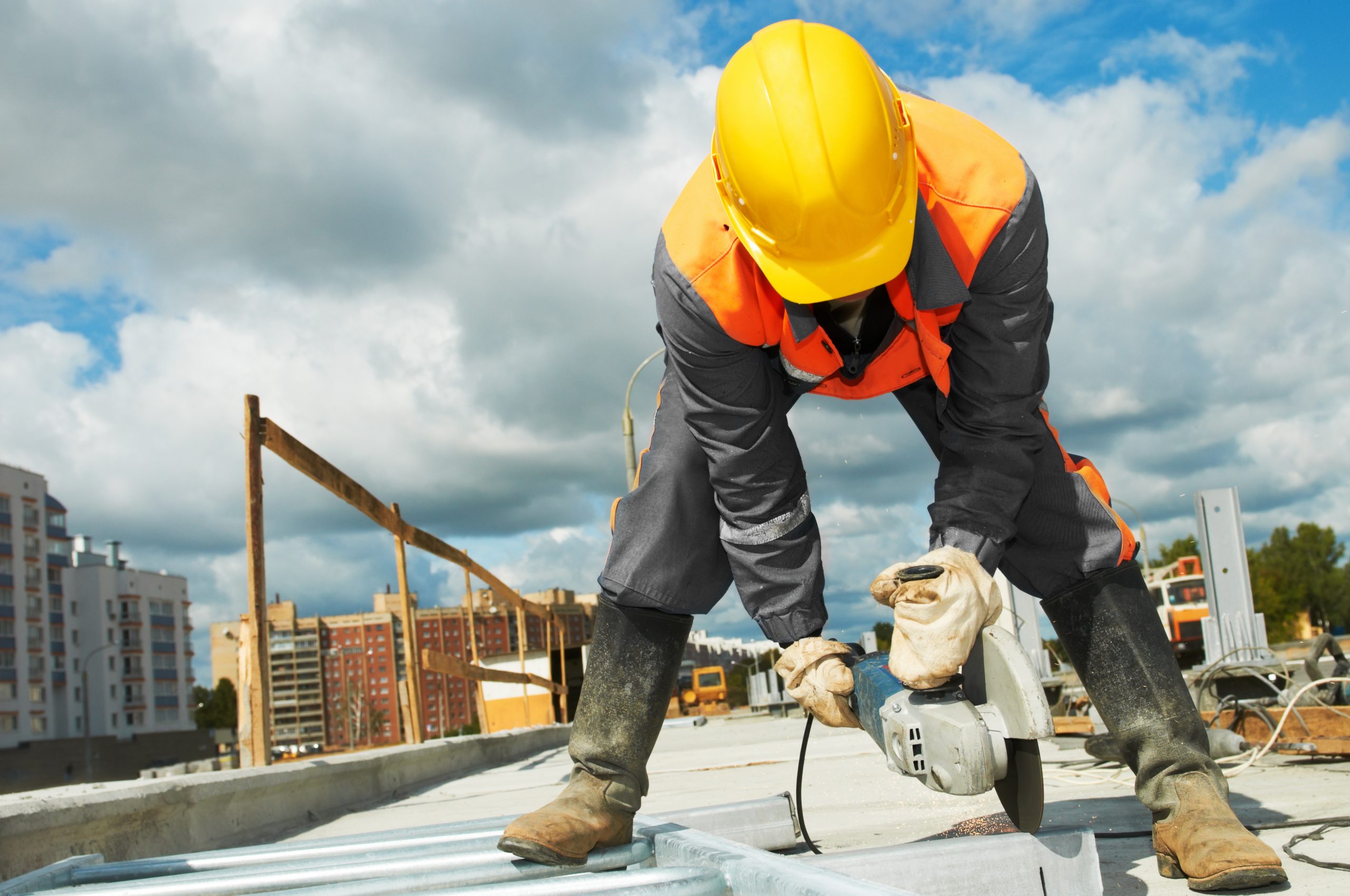

By Jaspal Dhillon, VAT director
Many businesses in the construction and building trade have been seeking advice and getting themselves ready for significant changes to how they need to account for VAT.
It was proposed and legislated for that from 1 October 2019, new rules in the construction industry to how VAT is accounted for will apply. This has however now been delayed by HMRC to 1 October 2020.
The delay is a result of industry bodies presenting research to HMRC showing that the
construction industry was generally not yet prepared to cope with these accounting changes, and HMRC needed to communicate more, provide more guidance, and give the industry more time to prepare.
Although this has been delayed, HMRC will be implementing these rules, albeit 12 months later than planned. We therefore recommend that businesses, if they have yet to start to do so, begin planning for these changes.
When the rules do come into force, and where they apply, VAT will cease to become chargeable. Instead, it will be the customer who is required to self-account for VAT, which is clearly very different to the way VAT is accounted for by businesses in normal every day circumstances, this means affected businesses will need to change their VAT accounting, to ensure they remain compliant.
Where it applies, the supplier does not charge VAT, instead, the customer/purchaser charges itself VAT by adding VAT to the purchase and accounting for the VAT in their VAT return. The VAT the purchaser charges to itself can then be recovered, in the purchaser’s VAT return, to the extent that they are able to recover VAT on the cost in question.
If the purchaser is able to recover the VAT they have created via the self-accounting, the whole process becomes a mere accounting exercise, with no net VAT liability due overall, as a result of the transaction.
Where the VAT is fully recoverable by the purchaser, the clear advantage to the changes
is that the seller and purchaser save the cash flow burden, where one collects and pays VAT to HMRC, whilst the other has to wait to reclaim it in their next VAT return. There could also however be a negative cash flow impact, where a business has large amounts of output VAT to pay to HMRC, but little to no input tax to offset this against.
The reason for the changes is to tackle VAT fraud that HMRC has detected in the construction industry; this is where in a supply chain, a fraudulent seller of services disappears without paying the VAT it has charged over to HMRC. The purchaser however is able to recover the VAT, on the basis they have a legitimate VAT invoice, overall creating a fraudulent VAT loss to HMRC.
Generally it will apply to sub-contractors charging other sub-contractors (or the main contractor) for their supply of construction services i.e. business to business construction services from contractor to contractor.
Also, it will only apply where the supplier supplies services that are required to be reported under the Construction Industry Scheme (CIS).
There will be some important exceptions and HMRC will issue penalties if VAT is not charged, when it should have been, and also where the purchaser has not met their obligations to let the supplier know that the self-accounting does not apply, due to the exceptions set out here:
|
|
|
|
End users are the final customers of building and construction services, which does not mean the person who is to take ownership of the property, but the person who is not re-supplying the construction services.
It will be up to the customer to make the supplier aware that they are an end user and they will need to do this by making a declaration to the supplier.
These new rules will also not apply to connected parties, and in these circumstances VAT will be applicable in the normal way i.e. a contractor/ sub-contractor will charge VAT in the normal way if connected to an end user.
By way of example, a property-owning group purchases construction services through one member of the group and recharges those services to other group companies, or to tenants, or both. All the members of the property owning group and their tenants will be end users and the new rules should not apply.
If you think your business is affected by these changes, we would suggest you contact your customers and/or suppliers to let them know; make sure your accounting systems and software are able to deal with the new way VAT needs to be accounted for; will you be in mid contract on 1 October 2020 (when the rules take effect) and raising interim invoices; consider your invoicing requirements; and how you are going to determine whether your customer is an ‘end user’.
For further advice on construction industry changes to VAT accounting, please speak to
your contact partner or to our VAT specialist, Jas Dhillon, directly jaspaldhillon@lubbockfine.co.uk